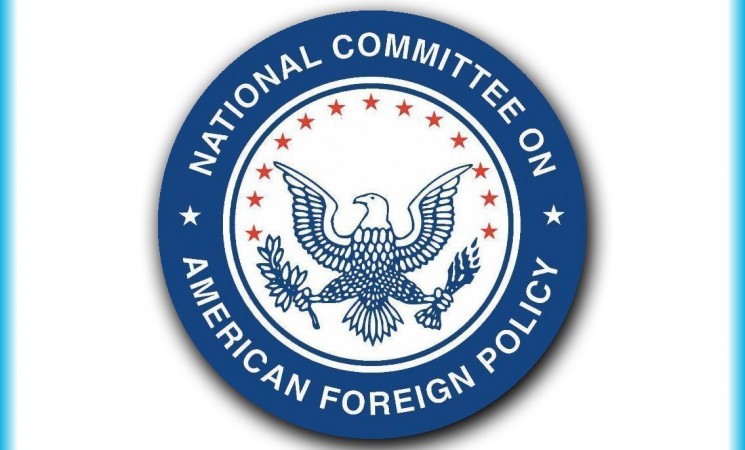The single most important challenge for the three major powers in the Asia-Pacific region is to contain the disturbing trends towards strategic rivalry and to start on the long but necessary journey to developing a stable and cooperative relationship. It is impossible to imagine a bright future for the Asia-Pacific region in which China and Japan and China and the United States are bitter rivals.
In this spirit, the NCAFP has begun to co-sponsor with the Tokyo Foundation a series of conferences designed to explore ways of easing China-Japan and China-U.S. tensions. The first such conference took place in May 2014 in New York and the second was held in Tokyo in October 2014.
On the positive side of the ledger, recent weeks have witnessed a marked improvement in both China-U.S. and China-Japan relations. At an APEC summit meeting in Beijing in mid-October, the American and Chinese presidents concluded agreements on climate change, military confidence-building, relaxation of visa requirements, and tariff reduction. Also on the margins of this year's APEC meeting in Beijing, Japan and China reached an artful understanding on managing serious bilateral differences in a way that could substantially ease tensions between Asia's two largest economies and place a festering dispute over the Senkaku/Diaoyu islands back on the shelf for future resolution.
But major challenges remain. Perhaps the principal such challenge is whether the three powers can agree on the parameters of a regional security order. The U.S. and Japan, for their part, regard the U.S.-Japan alliance as the foundation of regional security. As one American participant pointed out in his presentation to the conference, "the purpose of the U.S.-Japan alliance is not to contain China but to sustain a balance of power in Asia and to foster U.S.-Japanese cooperation in dealing with a host of regional and global common issues."
But, as a Chinese analyst pointed out, "to the Chinese, the alliance is a bilateral arrangement." And although China "does not oppose the alliance totally," Beijing "opposes the alliance…insofar as it targets China and tries to involve itself on Taiwan and the East and South China Seas."
Continue reading NCAFP US-Japan-China Trilateral Report_Tokyo Nov 2014

